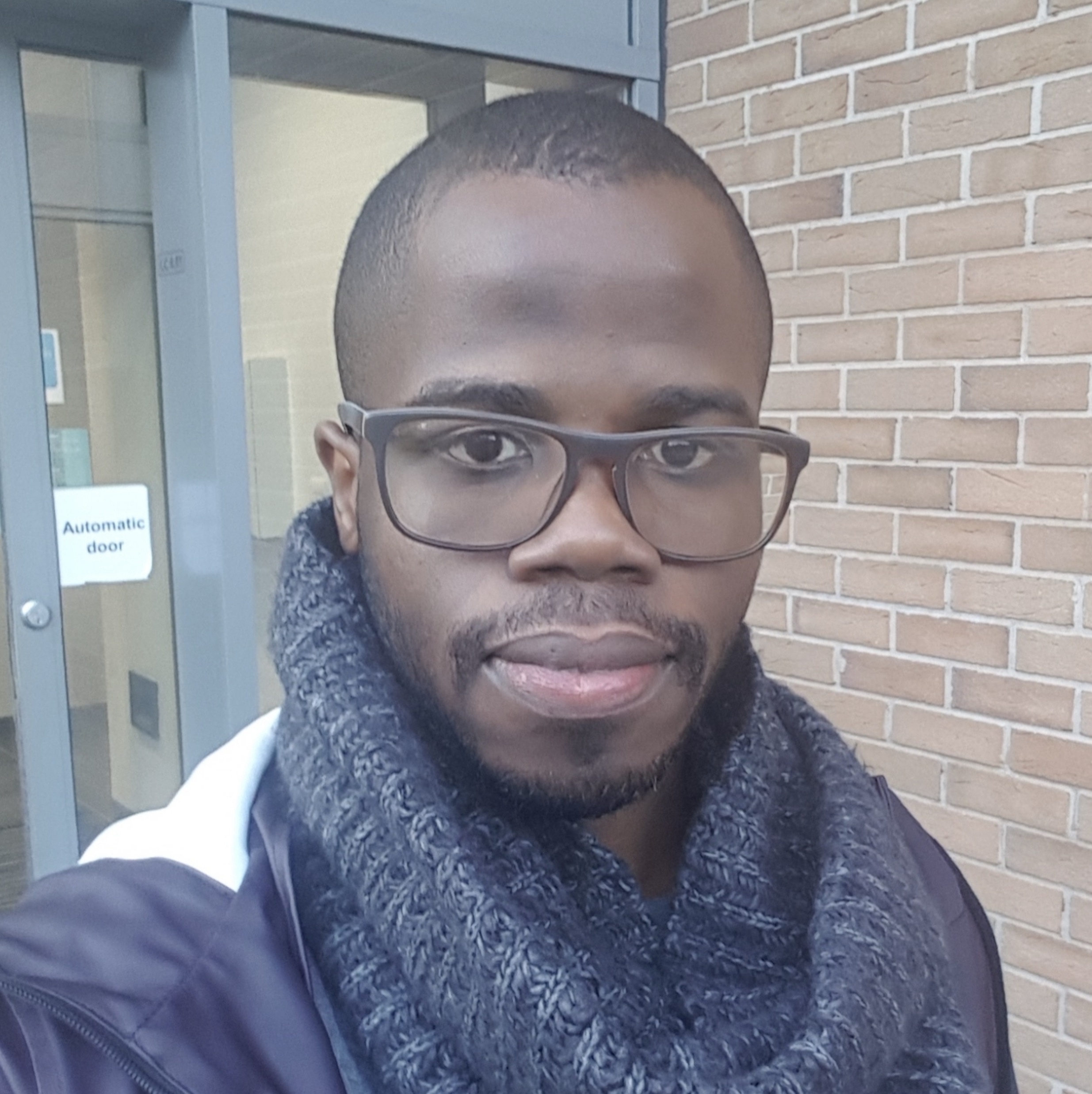Referring to himself as a ‘Medical Doctor turned Academic’, Imo Emah is a Graduate Teaching Assistant currently pursuing a PhD here within the Faculty of Health and Social Care.
Despite working professionally in the Health and Social Care sector for three years, Imo’s experience in the Medical field started from a much younger age. Medicine and Healthcare related topics often became dinner table discussion between his mother who is an Anaesthesiologist, and his father a Gynaecologist.
“I basically grew up in a clinic as my father ran his private practice from home, and from assisting him with work-related errands as a child (which often required technical knowledge) to the outreach and international work I did in Medical School and beyond, I feel like I’ve been working in the Health Industry all my life.”
When we asked Imo what inspired him to start working in Health and Social Care, he explained that his parents have been the biggest influence. After his experiences working in West Africa, Imo was also drawn into research for Public Health which prompted his career move to a more academic-focused role.
Imo added that many different people have inspired him along his journey, and at present, a big influence is Professor Dame Margaret Whitehead.
“Her independent and collaborative work on health inequalities and health improvement strategies strongly impacted on my decision to get into full-time research. Also, I had the pleasure of meeting her while studying in Liverpool, and for someone so accomplished, she was absolutely lovely and incredibly down-to-earth”.
When questioned about how men are making a difference in Health and Social Care, Imo responded:
“In every field, from the strategic work of policy-making and planning of health and social care services (including research for service evaluation and improvement), to the more tactical everyday delivery of those services. Health care – particularly of the medical and surgical sort – has largely been a male-dominated area, but men are (slowly but increasingly) getting involved in social care and other related fields as well, like counselling and health promotion”.
Imo disclosed that he would like to see a greater recognition of men’s caring capabilities in Health and Social Care, and he currently feels that men are publicly stereotyped as ‘unemotional’, ‘brash’, and only able to provide support in a technical capacity. Imo suspects that this misconception causes many men to eventually adopt this belief about themselves.
“I’d like for men to be seen as more than tough and logical and only suited for tasks that call for these attributes. We are human, with the full range of experiences and capabilities, and a recognition of these aspects will serve to remove a lot of barriers and improve the work we do”.
Our final question for Imo was ‘What one piece of advice would you give to a man debating entering the Health and Social Care sector’. Imo replied:
“Brace yourself. It gets hard sometimes (actually, a lot of times), and you’ll need a strong will to carry on”.
We’d like to thank Imo for contributing to our series of blog post interviews as part of International Men’s Day 2018.

